

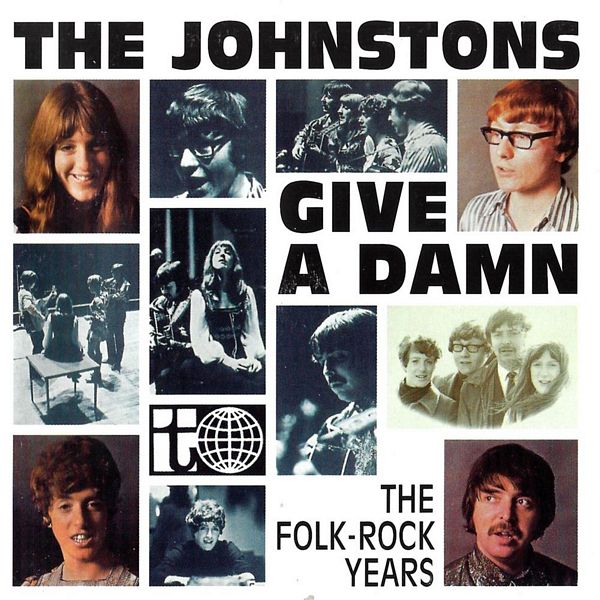 |
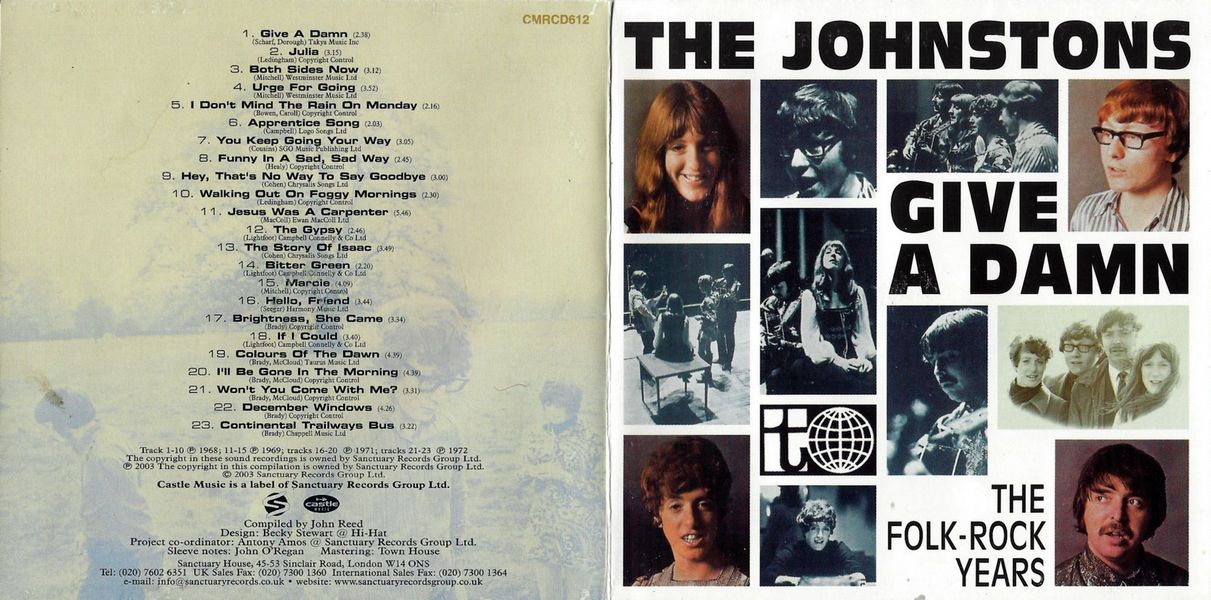
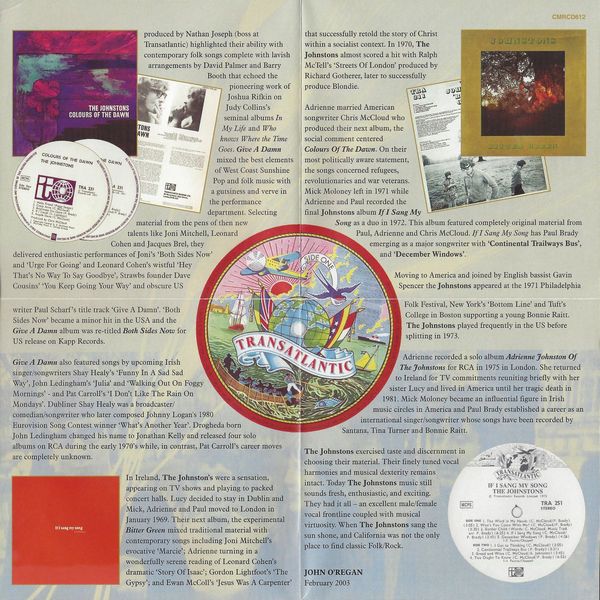
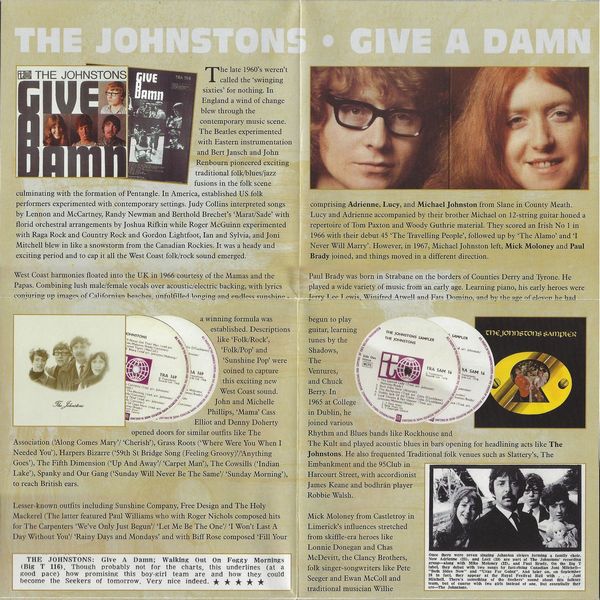 |
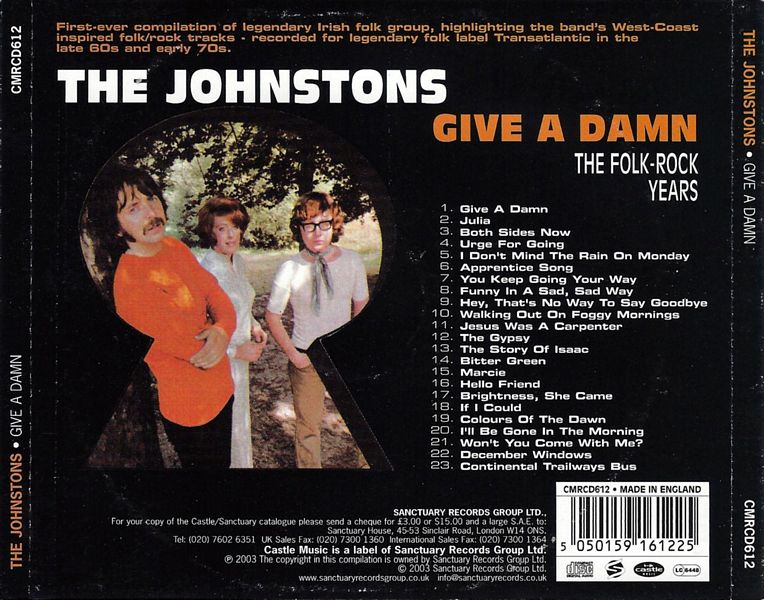
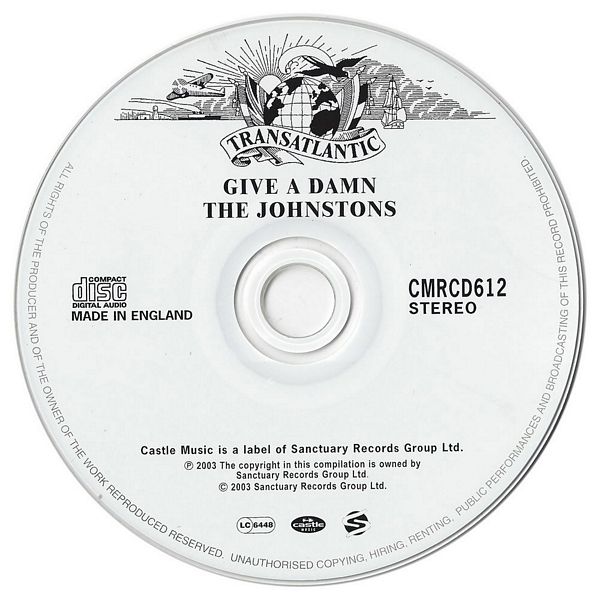
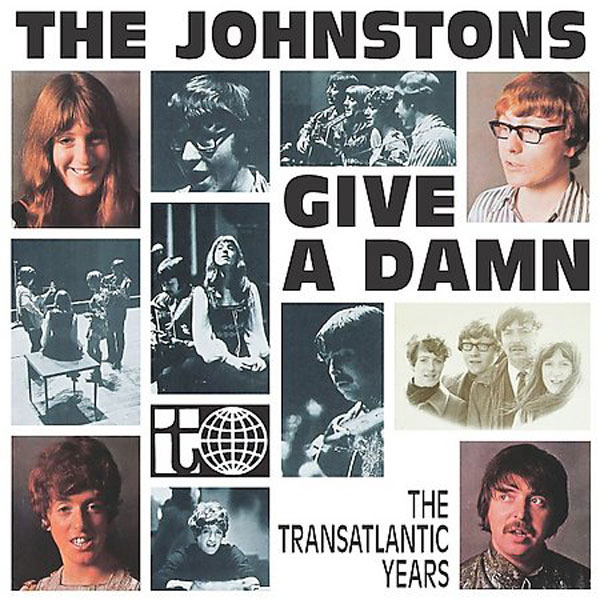 |
Sleeve Notes
The late 1960's weren't called the 'swinging sixties' for nothing. In England a wind of change blew through the contemporary music scene. The Beatles experimented with Eastern instrumentation and Bert Jansch and John Renbourn pioneered exciting traditional folk/blues/jazz fusions in the folk scene culminating with the formation of Pentangle. In America, established US folk performers experimented with contemporary settings. Judy Collins interpreted songs by Lennon and McCartney, Randy Newman and Berthold Brechet's 'Marat/Sade' with florid orchestral arrangements by Joshua Rifkin while Roger McGuinn experimented with Raga Rock and Country Rock and Gordon Lightfoot, Ian and Sylvia, and Joni Mitchell blew in like a snowstorm from the Canadian Rockies. It was a heady and exciting period and to cap it all the West Coast folk/rock sound emerged.
West Coast harmonies floated into the UK in 1966 courtesy of the Mamas and the Papas. Combining lush male/female vocals over acoustic/electric backing, with lyrics conjuring up images of Californian beaches, unfulfilled longing and endless sunshine — a winning formula was established. Descriptions like 'Folk/Rock', 'Folk/Pop' and 'Sunshine Pop' were coined to capture this exciting new West Coast sound. John and Michelle Phillips, 'Mama' Cass Elliot and Denny Doherty opened doors for similar outfits like The Association ('Along Comes Mary'/ 'Cherish'), Grass Roots ('Where Were You When I Needed You'), Harpers Bizarre ('59th St Bridge Song (Feeling Groovy)7'Anything Goes'), The Fifth Dimension ('Up And Away'/'Carpet Man'), The Cowsills ('Indian Lake'), Spanky and Our Gang ('Sunday Will Never Be The Same'/ 'Sunday Morning'), to reach British ears.
Lesser-known outfits including Sunshine Company, Free Design and The Holy Mackerel (The latter featured Paul Williams who with Roger Nichols composed hits for The Carpenters 'We've Only Just Begun'/ 'Let Me Be The One'/ 'I Won't Last A Day Without You'/ 'Rainy Days and Mondays' and with Biff Rose composed 'Fill Your Heart' recorded by David Bowie and Tiny Tim and 'Evergreen Love Theme' from 'A Star is Born' with Barbra Streisand and his brother Mentor Williams — producer / composer of Dobie Gray's classic 'Drift Away'.) reached British ears with finely hewed collections full of blissful harmonies and folk/pop backings on import albums.
The British response to the West Coast Folk/Rock invasion came from groups such as Fairport Convention, The Johnstons and Eclection. They possessed expert timing arriving on the UK scene when Folk/Rock and harmony groups were in vogue. With The Seekers disbanding, and The Settlers making minor ripples, a viable niche still existed. Fairport Convention and The Johnstons looked to primarily American sources for material and the West Coast singer/songwriters particularly.
The Johnstons were one of the most accomplished and versatile groups of their time. They began as a traditional folk family trio comprising Adrienne, Lucy, and Michael Johnston from Slane in County Meath. Lucy and Adrienne accompanied by their brother Michael on 12-string guitar honed a repertoire of Tom Paxton and Woody Guthrie material. They scored an Irish No 1 in 1966 with their debut 45 'The Travelling People', followed up by 'The Alamo' and 'I Never Will Marry'. However, in 1967, Michael Johnston left, Mick Moloney and Paul Brady joined, and things moved in a different direction.
Paul Brady was born in Strabane on the borders of Counties Derry and Tyrone. He played a wide variety of music from an early age. Learning piano, his early heroes were Jerry Lee Lewis, Winifred Atwell and Fats Domino and by the age of eleven he had begun to play guitar, learning tunes by the Shadows, The Ventures, and Chuck Berry. In 1965 at College in Dublin, he joined various Rhythm and Blues bands like Rockhouse and The Kult and played acoustic blues in bars opening for headlining acts like The Johnstons. He also frequented Traditional folk venues such as Slattery's, The Embankment and the 95Club in Harcourt Street, with accordionist James Keane and bodhran player Robbie Walsh.
Mick Moloney from Castletroy in Limerick's influences stretched from skiffle-era heroes like Lonnie Donegan and Chas McDevitt, the Clancy Brothers, folk singer-songwriters like Pete Seeger and Ewan McColl and traditional musician Willie Clancy. Mick moved to Dublin and studied for his MA in Economics and Politics at UCD. He started playing with Dónal Lunny, Johnny Morrissey and Brian Bolger in The Emmet Folk and struck up a friendship with Paul Brady, both living in student apartments in Ranelagh at the time.
The Johnstons had all the ingredients, an attractive two boy — two girl package visually, vibrant four part vocal harmonies, strong lead vocalists in Adrienne Johnston, Paul Brady and Mick Moloney and Lucy Johnston icing the savoury cake with some mellifluous harmonies. Moloney and Brady were musically adept playing 6 & 12 string guitars, mandolin, fiddle, and banjo. The Johnstons could also cut the ice on stage. Their performances possessed a sophistication lifting them beyond the pub group morass. They were equally talented with traditional ballads and contemporary folk songs like Ian Campbell's 'Apprentice's Song' featured on their first Transatlantic album The Johnstons.
The Johnstons were versatile and had potential — buckets of it. Little wonder then an early press release described them as having "The Charm of The Seekers and the vocal excitement of The Mamas and the Papas." They knew good songs when they heard them. Their second album Give A Damn recorded in London from August-November 1968 and produced by Nathan Joseph (boss at Transatlantic) highlighted their ability with contemporary folk songs complete with lavish arrangements by David Palmer and Barry Booth that echoed the pioneering work of Joshua Rifkin on Judy Collins's seminal albums In My Life and Who knows Where the Time Goes. Give A Damn mixed the best elements of West Coast Sunshine Pop and folk music with a gutsiness and verve in the performance department. Selecting material from the pens of then new talents like Joni Mitchell, Leonard Cohen and Jacques Brel, they delivered enthusiastic performances of Joni's 'Both Sides Now' and 'Urge For Going' and Leonard Cohen's wistful 'Hey That's No Way To Say Goodbye', Strawbs founder Dave Cousins' 'You Keep Going Your Way' and obscure US writer Paul Scharf's title track 'Give A Damn'. 'Both Sides Now' became a minor hit in the USA and the Give A Damn album was re-titled Both Sides Now for US release on Kapp Records.
Give A Damn also featured songs by upcoming Irish singer/songwriters Shay Healy's 'Funny In A Sad Sad Way', John Ledingham's 'Julia' and 'Walking Out On Foggy Mornings' — and Pat Carroll's 'I Don't Like The Rain On Mondays'. Dubliner Shay Healy was a broadcaster/comedian/songwriter who later composed Johnny Logan's 1980 Eurovision Song Contest winner 'What's Another Year'. Drogheda born John Ledingham changed his name to Jonathan Kelly and released four solo albums on RCA during the early 1970's while, in contrast, Pat Carroll's career moves are completely unknown.
In Ireland, The Johnston's were a sensation, appearing on TV shows and playing to packed concert halls. Lucy decided to stay in Dublin and Mick, Adrienne and Paul moved to London in January 1969. Their next album, the experimental Bitter Green mixed traditional material with contemporary songs including Joni Mitchell's evocative 'Marcie'; Adrienne turning in a wonderfully serene reading of Leonard Cohen's dramatic 'Story Of Isaac'; Gordon Lightfoot's 'The Gypsy'; and Ewan McColl's 'Jesus Was A Carpenter' that successfully retold the story of Christ within a socialist context. In 1970, The Johnstons almost scored a hit with Ralph McTell's 'Streets Of London' produced by Richard Gotherer, later to successfully produce Blondie.
Adrienne married American songwriter Chris McCloud who produced their next album, the social comment centered Colours Of The Dawn. On their most politically aware statement, the songs concerned refugees, revolutionaries and war veterans. Mick Moloney left in 1971 while Adrienne and Paul recorded the final Johnstons album If I Sang My Song as a duo in 1972. This album featured completely original material from Paul, Adrienne and Chris McCloud. If I Sang My Song has Paul Brady emerging as a major songwriter with 'Continental Trailways Bus', and 'December Windows'.
Moving to America and joined by English bassist Gavin Spencer the Johnstons appeared at the 1971 Philadelphia Folk Festival, New York's 'Bottom Line' and Tuft's College in Boston supporting a young Bonnie Raitt. The Johnstons played frequently in the US before splitting in 1973.
Adrienne recorded a solo album Adrienne Johnston Of The Johnstons for RCA in 1975 in London. She returned to Ireland for TV commitments reuniting briefly with her sister Lucy and lived in America until her tragic death in 1981. Mick Moloney became an influential figure in Irish music circles in America and Paul Brady established a career as an international singer/songwriter whose songs have been recorded by Santana, Tina Turner and Bonnie Raitt.
The Johnstons exercised taste and discernment in choosing their material. Their finely tuned vocal harmonies and musical dexterity remains intact. Today The Johnstons music still sounds fresh, enthusiastic, and exciting. They had it all — an excellent male/female vocal frontline coupled with musical virtuosity. When The Johnstons sang the sun shone, and California was not the only place to find classic Folk/Rock.
JOHN O'REGAN
February 2003